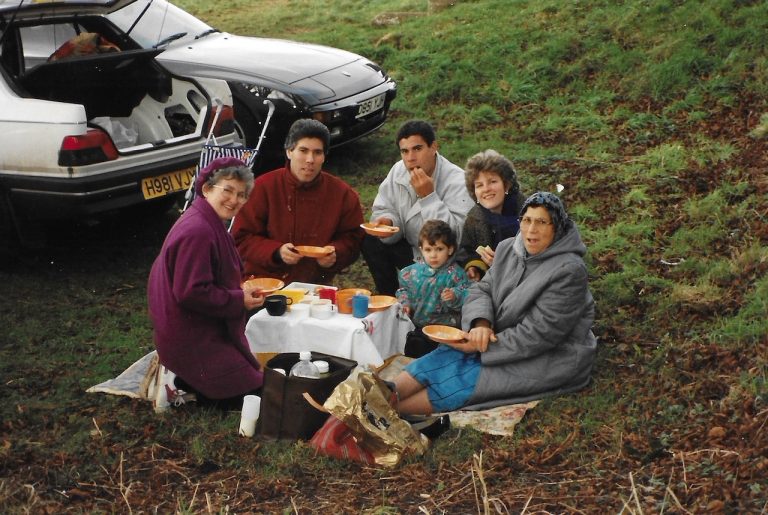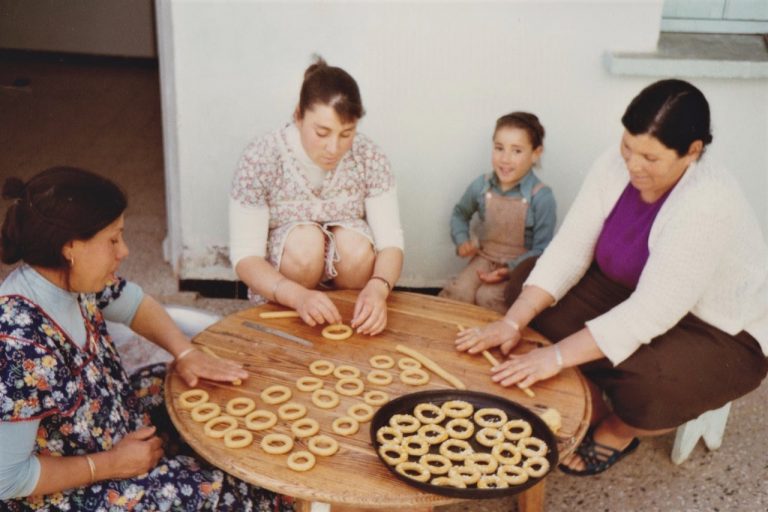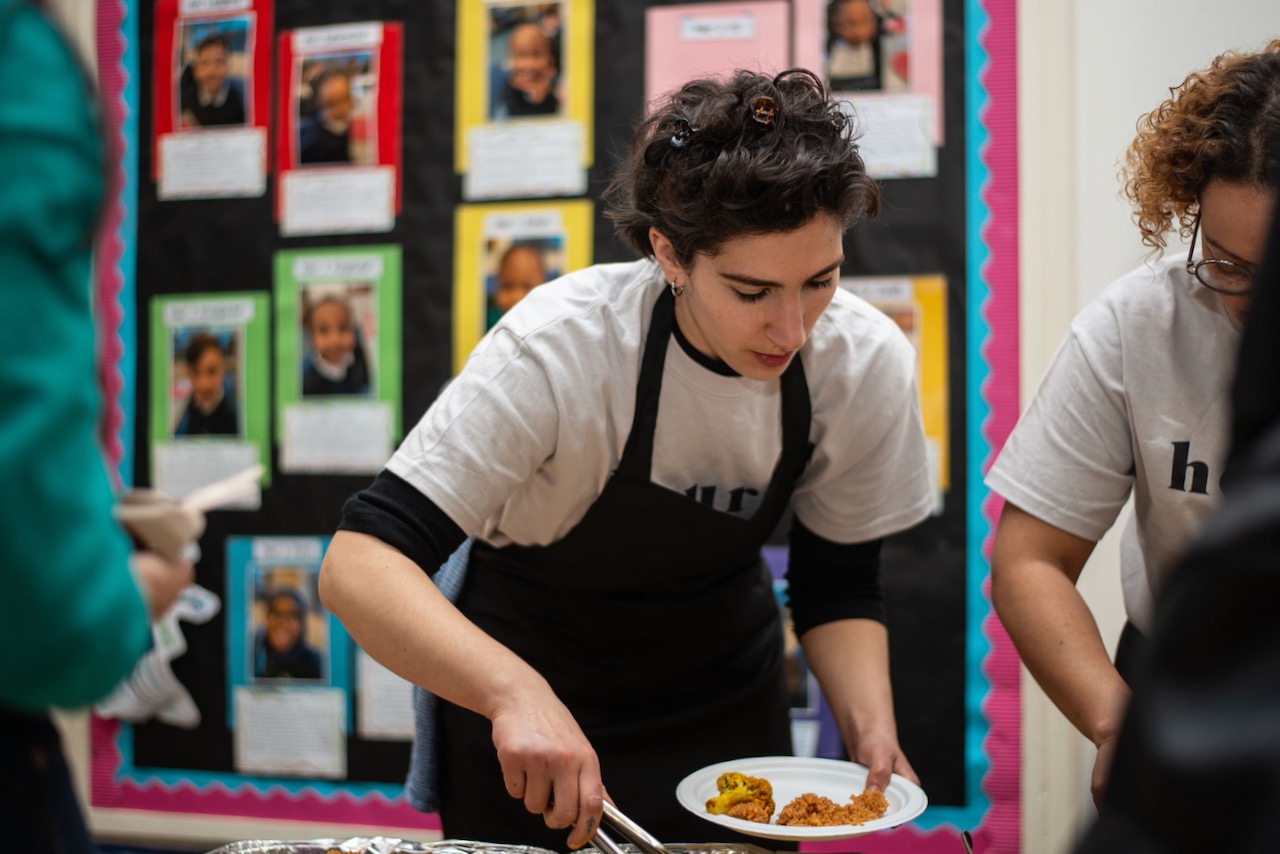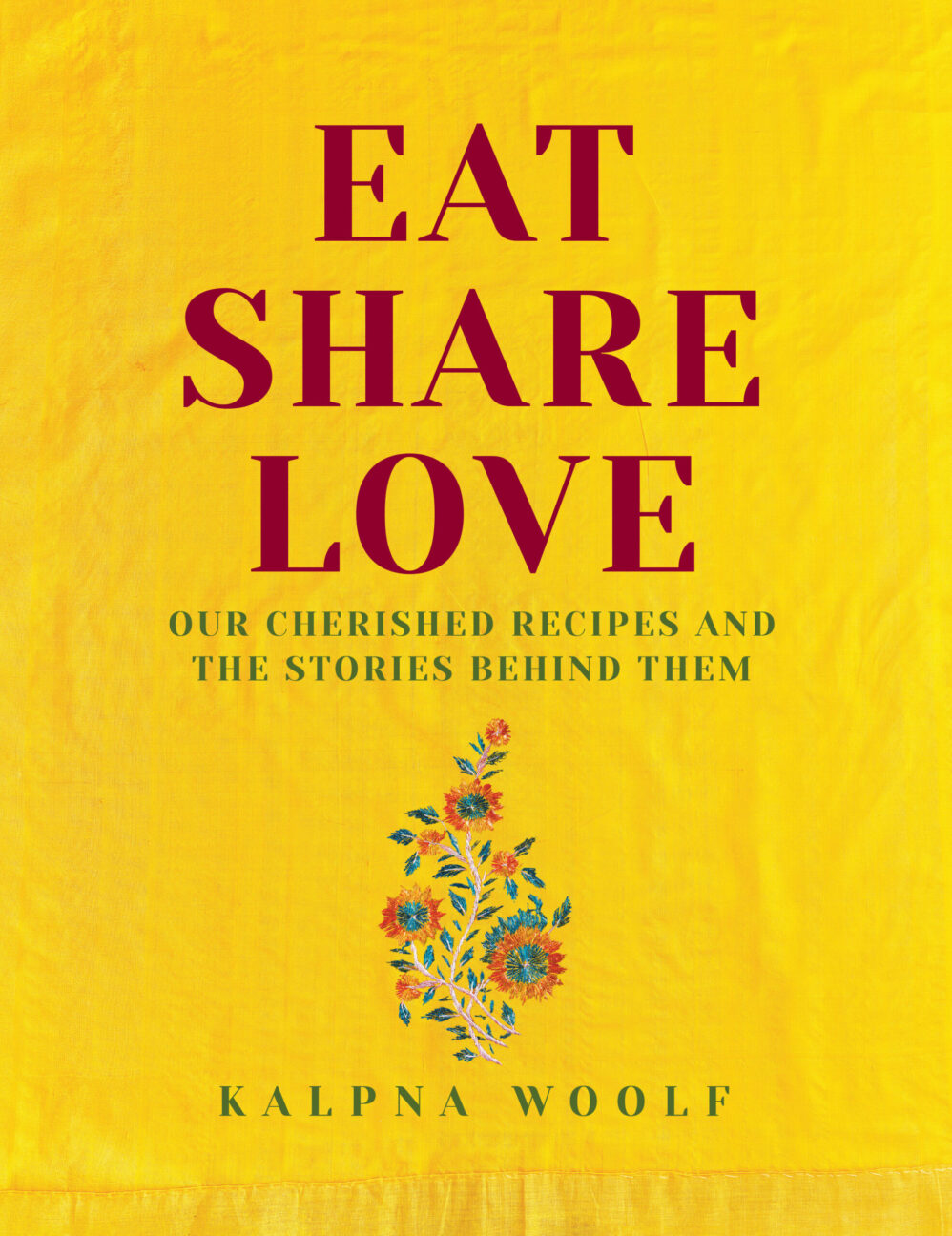We’re really missing the 91 Ways community and hoping it won’t be too long until we can all get together again, to share food and stories, talk through the trials and tribulations of the last few months, and enjoy each others company – in real life rather than through screens!
In the meantime we wanted to introduce you to some very special people: the 91 Ways volunteers. We have a fantastic team of volunteers that give up their free time to help out with our events and we couldn’t carry out our work without them, so we thought we’d take this chance to find out a bit more about their heritages and what drew them to our work.
This week we caught up with our lovely volunteer Leila Gamaz, co-founder of houria, a pan-African catering company that provides employment to migrant women, to ask her a few questions.
Why did you choose to become involved with 91 Ways?
Food has always been the central activity that connects and brings my family together. We don’t all speak the same language, share the same views, or live the same lives, yet we can sit around a table together and share our age-old recipes with one another. I understand the power that food has to help people understand one another, and I feel that 91 Ways is a manifestation of this.

What do you get out of working with 91 Ways?
91 Ways helps me to feel connected to my heritage and family by bringing people together through food. Bristol is a very diverse city, but as we know in some ways it’s very divided. 91 Ways is great at bridging gaps and bringing together unlikely communities together to taste and learn about one another’s food. It’s a gateway to learning about one another’s humanity.
What has been your favourite experience with 91 Ways?
I absolutely loved being involved in cookery classes for over 65s in Bedminster. Each week we had a guest chef who was either a migrant, or born into a family of migrants, that would teach the group one of their recipes, from Persian stuffed peppers to Polish dumplings.

What is your favourite heritage recipe and what is the story behind it?
One of my favourite staples in our family is fired pepper salad. In the afternoons me and my Algerian aunties perch on home made wooden stools around a gas stove on the ground. We all look after a cluster of peppers each, and turn them on the open flames whilst exchanging news and stories until they’re blackened.
We then leave them in a plastic bag whilst cooling, making it easier to eventually peel off the charred skins. Once they’re cooled and peeled, slice the pepper into thin strips and mix with a generous slosh of olive oil and salt. We often eat this as a side to our main meals or as a snack with a dry flatbread called Kesra.
Thanks Leila! To find out more about Leila’s pan-African catering company houria, check them out here.


